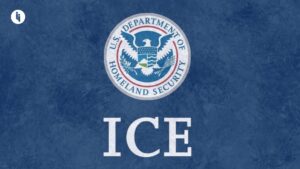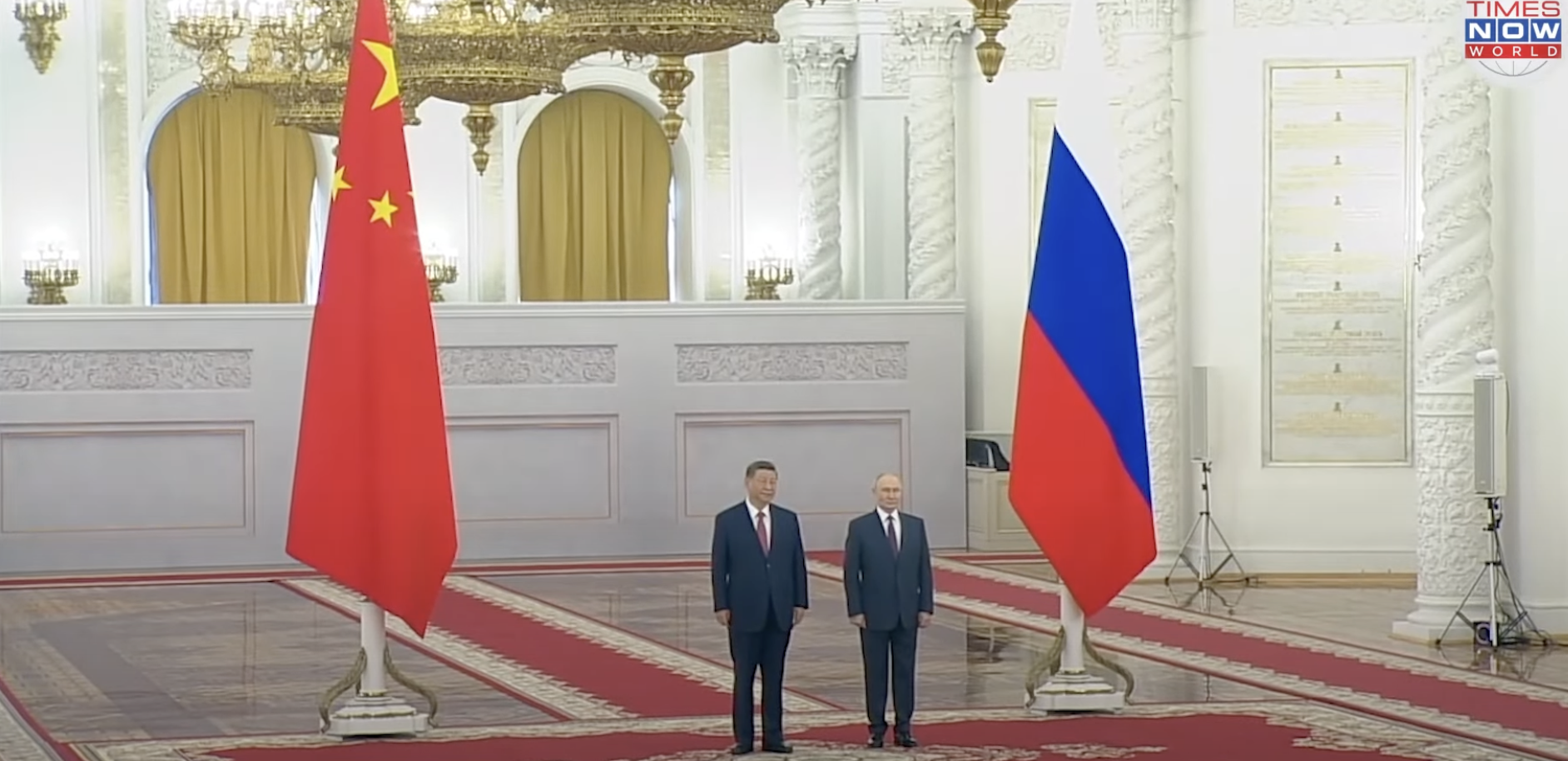Vladimir Putin is hosting world leaders in Moscow for WWII victory celebrations today.
Why does this matter?
- As Putin’s war continues to warp Russia’s economy and wreck a generation, he needs to project strength and solidarity for audiences at home and abroad, and
- Today’s pageantry also helps Putin link Russia’s sacred WWII struggle against an actual Nazi invasion, with his ongoing invasion of Ukraine.
But there are a couple other signals on display.
Stay on top of your world from inside your inbox.
Subscribe for free today and receive way much more insights.
Trusted by 160,000+ subscribers
No spam. No noise. Unsubscribe any time.
One inadvertent signal is the fact that this annual military parade is now less than half its pre-war size, reflecting the degree to which all Putin’s chips really are now in Ukraine.
But the bigger signal is up in the stands: China’s Xi Jinping is one of 20 or so world leaders there today (like Brazil’s Lula, Egypt’s El-Sisi). They’ll each have their own reasons, whether seeking to a) bolster their domestic legitimacy by sitting with the big dogs, and/or b) projecting themselves abroad as real players on a multipolar stage.
But what really matters — and what might shape the next century — is why Xi is there:
- Xi and Putin signed several cooperation agreements, though this is standard for a Xi visit (and details remain scant), but more importantly…
- Xi’s own op-ed in a Russian paper said the quiet bit out-loud — “We must leverage the certainty and resilience of our partnership of strategic coordination to jointly accelerate the shift toward a multipolar world.”
Translation: he now sees a historic opportunity (with Russia) to push harder and more quickly towards a post-US-led world.
So turning up to today’s parade is a way to signal this not only to Putin and others hoping to curb US influence, but also to the US itself, just as the two start talks in Switzerland.
Intrigue’s Take
This all leaves us pondering the limits of this ‘no limits’ Russia-China partnership:
- While Xi has loaned Putin some industrial capacity, he’s not sending missiles
- While weak oil prices sap Putin’s war machine, Xi is still stiffing him on gas, and
- We also question the degree to which Xi truly wants to lead a gaggle of pariahs (like Kim, Putin, or Khamenei) reminiscent of that tavern scene from Star Wars.
But meanwhile, it’s also worth reflecting on the fact that a relative decline in US influence is inevitable as more economies crack the code for growth (a good thing). In fact, the US baked that into our world’s post-WWII order when it established the kinds of rules and institutions that should protect US interests long after others have risen near the top.
Rather, the tension here is not so much about who’s rising, but how: not by taking their seat at the table, but by upending it with (say) invasions of Ukraine. And that’s what the world is also asking about Trump 2.0: what role does the US now want at this table?
Sound even smarter:
- President Trump just called again on Russia to accept an unconditional 30-day ceasefire.





